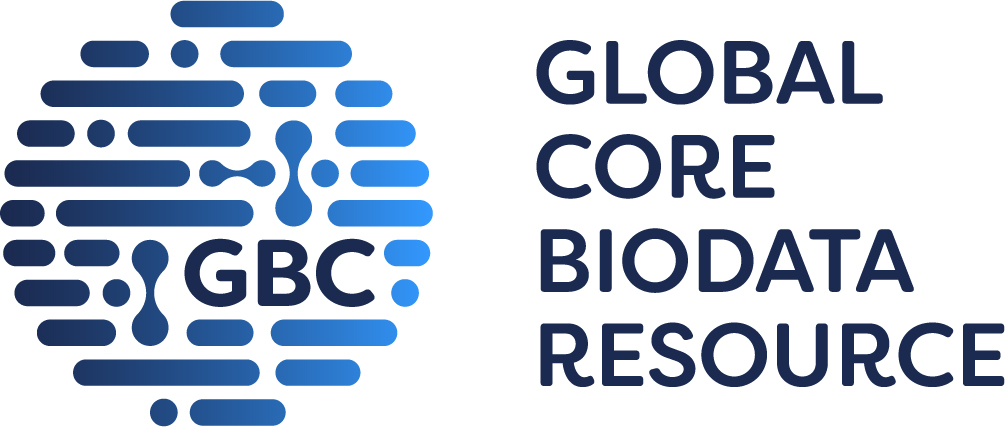
GtoPdb is requesting financial support from commercial users. Please see our sustainability page for more information.
Cerebellar ataxia

GtoPdb Disease Summaries
This section gives an overview of the disease, and where available shows the following:
- Synonyms: Shows known synonyms for the disease.
- Description: Gives a basic description/definition of the disease.
- Database Link: External links to the same disease at the Disease Ontology, OMIM or Orphanet sites.
- Immunopharmacology comments: General comments about the target's role in immunopharmacology, provided by GtoImmuPdb curators.
- Associated with: Counts are displayed for the total targets the disease is associated with in GtoPdb. The counts of targets and ligands of immunological relevance associated to the disease are also shown.
More information can be found in the help pages.
✖| Disease ID: | 199 | |
| Name: | Cerebellar ataxia | |
| Associated with: | 1 target | |
| Database Links |
|
Disease Ontology:
DOID:0050753 |
Targets

GtoPdb Disease Summaries - Targets
Click on the target name to link to its detailed view page
Where available, information is display on the role of the target in the disease; drugs which target the disease and their therapeutic use and side-effects.
If there is mutation data curated in GtoPdb this is indicated, with a link back to the appropriate section on the target detailed view page
Immuno ligand interactions - If available, a table of immuno-relevant ligands is shown. These ligands have been curated as having an association to the disease and possess interaction data with the target in GtoPdb. The approval status of the ligand is shown, along with curator comments and an indication of whether the target is considered the primary target of the ligand.
More information can be found in the help pages.
✖| KCa2.2 | |
| Role: | KCa2.2 suppression in deep cerebellar neurons in transgenic mice induces severe ataxia. |
| Drugs: | Riluzole showed positive effects in patients with hereditary cerebellar ataxia (SCA) in a randomised, double-blind, placebo-controlled trial; NS13001 alleviates behavioural and neuropathological phenotypes of aging SCA2 transgenic mice; SKA-31 corrects abnormal Purkinje cell firing and reduces motor deficits in SCA3 transgenic mice; Perfusion of EBIO into the cerebellum or systemic administration of chlorzoxazone to mice with episodic ataxia (EA2) significantly improves motor performance in model. |
| Side effects: | Sedation at higher doses. KCa2.2 activation could potentially impair memory. |
| Therapeutic use: | KCa activators have been proposed for the treatment of cerebellar ataxia. |
| References: | 1-6 |
Ligands

GtoPdb Disease Summaries - Ligands
Click ligand name to view ligand summary page
- Approved: If the ligand is an approved drug this is indicated, along with approval bodies.
- Immuno: Immuno icon indicates the ligand is immuno-relevant
Click the arrow in the final column to expand comments
- Immuno Disease Comments: Curatorial comments specifically added as part of GtoImmuPdb. They give more information on the association between the ligand and disease in the context of immunopharmacology.
- Clinical Use: General clinical comments relating to the ligand and may not necessarily be specific to the disease in question. With hyperlink to more details on the ligand summary pages.
- Bioactivty Comments: Curatorial comments specifically about the compounds biological activity - with hyperlink to more details on the ligand summary pages.
More information can be found in the help pages.
✖No ligand related data available for Cerebellar ataxia
References
1. Alviña K, Khodakhah K. (2010) KCa channels as therapeutic targets in episodic ataxia type-2. J Neurosci, 30 (21): 7249-57. [PMID:20505091]
2. Kasumu AW, Hougaard C, Rode F, Jacobsen TA, Sabatier JM, Eriksen BL, Strøbæk D, Liang X, Egorova P, Vorontsova D et al.. (2012) Selective positive modulator of calcium-activated potassium channels exerts beneficial effects in a mouse model of spinocerebellar ataxia type 2. Chem Biol, 19 (10): 1340-53. [PMID:23102227]
3. Lam J, Coleman N, Garing AL, Wulff H. (2013) The therapeutic potential of small-conductance KCa2 channels in neurodegenerative and psychiatric diseases. Expert Opin Ther Targets, 17 (10): 1203-20. [PMID:23883298]
4. Romano S, Coarelli G, Marcotulli C, Leonardi L, Piccolo F, Spadaro M, Frontali M, Ferraldeschi M, Vulpiani MC, Ponzelli F et al.. (2015) Riluzole in patients with hereditary cerebellar ataxia: a randomised, double-blind, placebo-controlled trial. Lancet Neurol, 14 (10): 985-91. [PMID:26321318]
5. Shakkottai VG, Chou CH, Oddo S, Sailer CA, Knaus HG, Gutman GA, Barish ME, LaFerla FM, Chandy KG. (2004) Enhanced neuronal excitability in the absence of neurodegeneration induces cerebellar ataxia. J Clin Invest, 113 (4): 582-90. [PMID:14966567]
6. Shakkottai VG, do Carmo Costa M, Dell'Orco JM, Sankaranarayanan A, Wulff H, Paulson HL. (2011) Early changes in cerebellar physiology accompany motor dysfunction in the polyglutamine disease spinocerebellar ataxia type 3. J Neurosci, 31 (36): 13002-14. [PMID:21900579]






